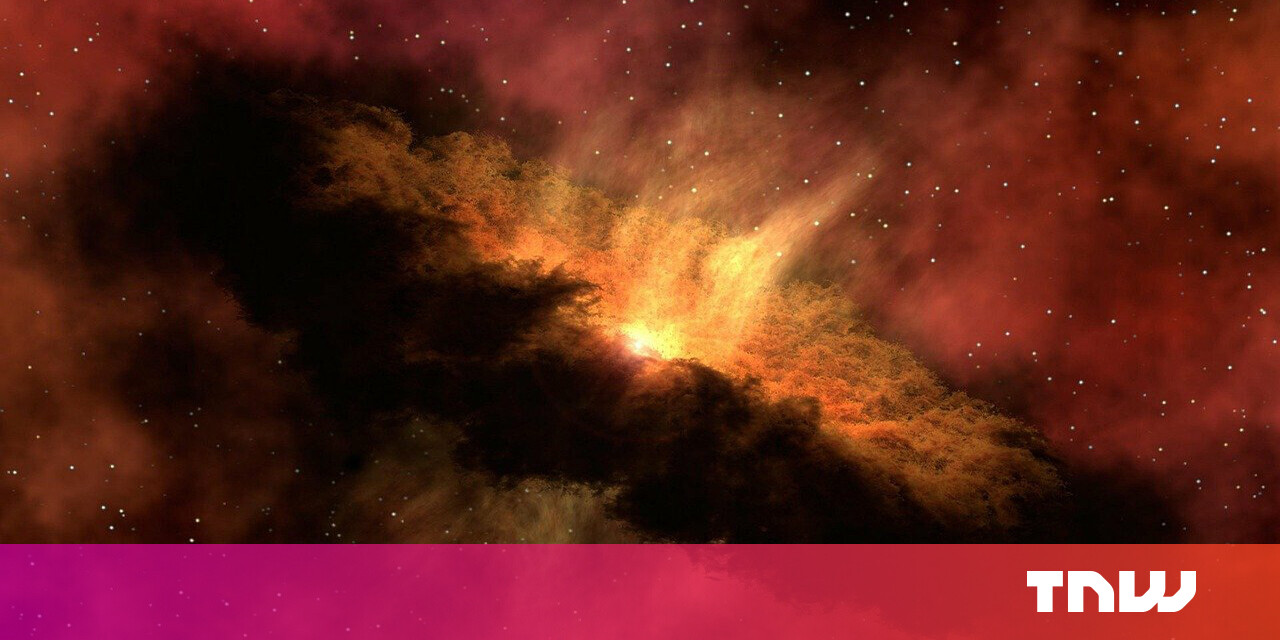
The type of waves that might be produced in the early universe are called cosmological gravitational waves and have not yet been detected.
Such waves travel freely after being produced; they act like ghosts that can go through the recombination wall and provide a unique tool to investigate the early universe.
While astrophysical gravitational waves come from a precise direction in the sky, cosmological ones reach us from all possible directions, corresponding to different regions where they were produced in the past.
But the reward of being able to detect cosmological gravitational waves would be huge: there are many possible cataclysmic phenomena in the early universe that could produce them.
So if cosmological gravitational waves are detected, they could give us crucial information about what happened at the beginning of time.
Current and planned gravitational wave detectors mostly focus on low frequencies, where astrophysical signals are guaranteed to exist.
These can also look for cosmological gravitational waves and will be able to probe signals produced when the universe was extremely young, bar the very first moments after inflation.
There are also other possible sources that would produce high-frequency gravitational waves in the more recent universe.
First, as the size of the detector is proportional to the wavelength to be probed, high-frequency gravitational wave detectors would be much smaller (and cheaper) than low-frequency ones.
Detecting high-frequency gravitational waves is hard though.
As high-frequency gravitational waves detectors are smaller, the variation to be detected would be even tinier
With our currently available technology, we are already able to detect minute variations in the high-frequency range (though we haven’t caught any gravitational waves yet)
But we need to improve it a bit more to detect gravitational waves from the early universe